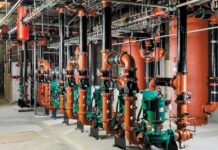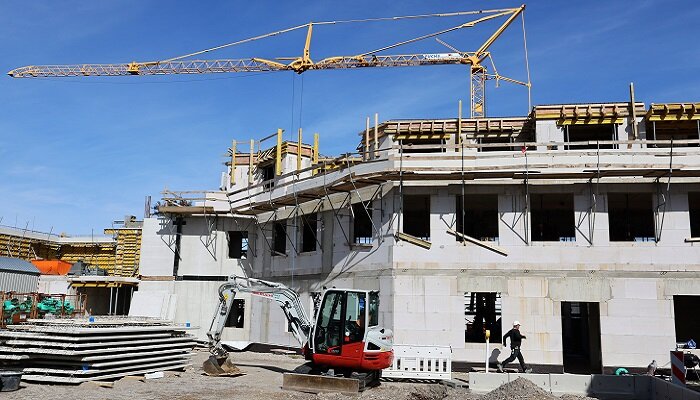The Chartered Institute of Building (CIOB) suggests that there is a requirement for greater reuse and refurbishment in both Ireland and Northern Ireland, rather than relying on just demolition.
The CIOB is urging immediate action to decrease the number of buildings being demolished in preference for refurbishment so as to achieve net-zero targets.
In both Ireland and the UK, the built environment is responsible for a significant portion of carbon dioxide emissions. Specifically, it makes up 37% of carbon emissions when it comes to Ireland and 49% in case of the UK. These figures include both embodied carbon as well as operational carbon.
The CIOB is advocating for VAT reform across Ireland and the implementation of a demolition levy in Northern Ireland so as to tackle this problem.
The institute stated that its proposals would not only tackle pressing carbon and climate concerns but, at the same time, contribute to the preservation of historic buildings. In addition, these proposals would provide funding for energy-efficient improvements to housing, which in turn would assist households that are vulnerable in managing the challenges posed by the cost-of-living crisis.
Joseph Kilroy, the policy and public affairs manager for Ireland, Northern Ireland, Scotland, and Wales at CIOB, expressed the importance of transitioning away from a disposable society and embracing practices such as upcycling and recycling for items like clothing and furniture. Kilroy emphasised that this mindset should also be applied to buildings as well.
In a time when many decisions are driven by cost considerations, it is unjust that carbon-intensive choices may at times be more financially advantageous than sustainable alternatives.
Given that the construction and operation of buildings contribute significantly to Ireland and Northern Ireland’s carbon emissions, it is crucial for both governments to prioritise incentivizing refurbishment and renovation. This approach is necessary to achieve the goal of reaching net zero emissions by 2050.
VAT reform
The CIOB in Ireland has proposed that the government should provide incentives to promote repair and restoration efforts. Demolition projects are currently subject to 13.5% VAT and the CIOB commends applying this rate to repair and renovation projects while charging the standard VAT rate of 23% when it comes to demolition.
The demolition levy
In Northern Ireland, the costs of renovation and retrofitting are subject to the standard 20% VAT. However, demolition and new construction are not. The CIOB argues that this statement contradicts environmental principles outlined in the Climate Change Act (NI) 2022 as well as the 2022 Circular Economy Strategy for Northern Ireland.
When the Northern Ireland Assembly reconvenes, it aims to urge the Northern Ireland government to implement a demolition levy that avoids the existing devolution settlement regarding taxation. The CIOB asserts that this action will address the issue of an unfair playing field, which poses a threat to the long-term viability of the built environment.




































